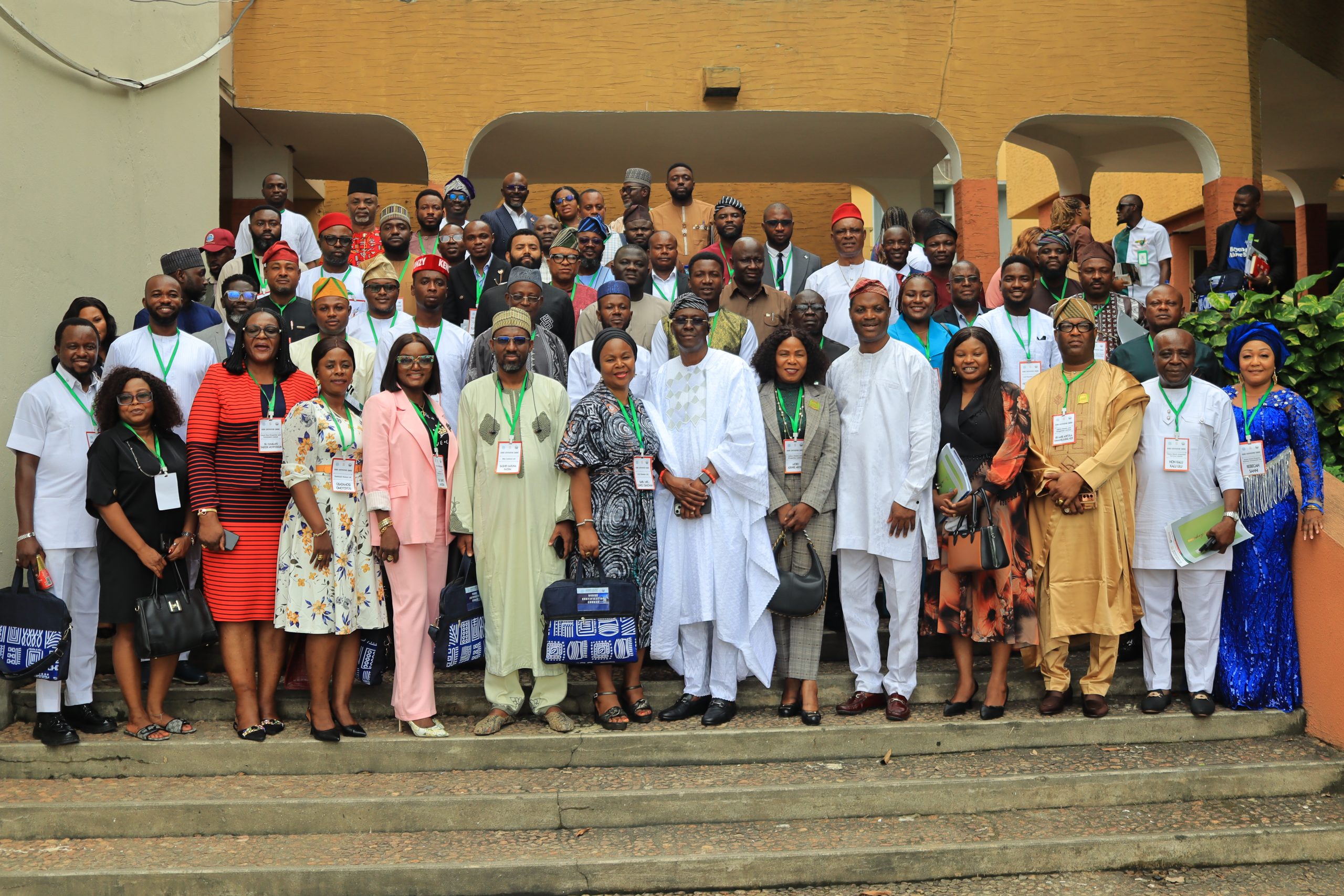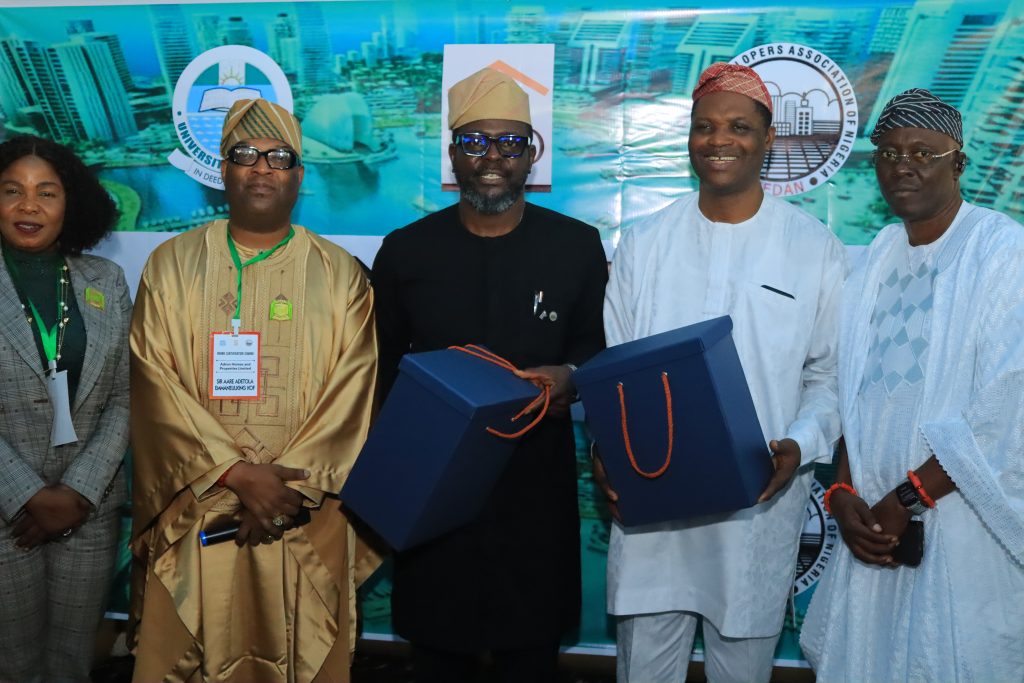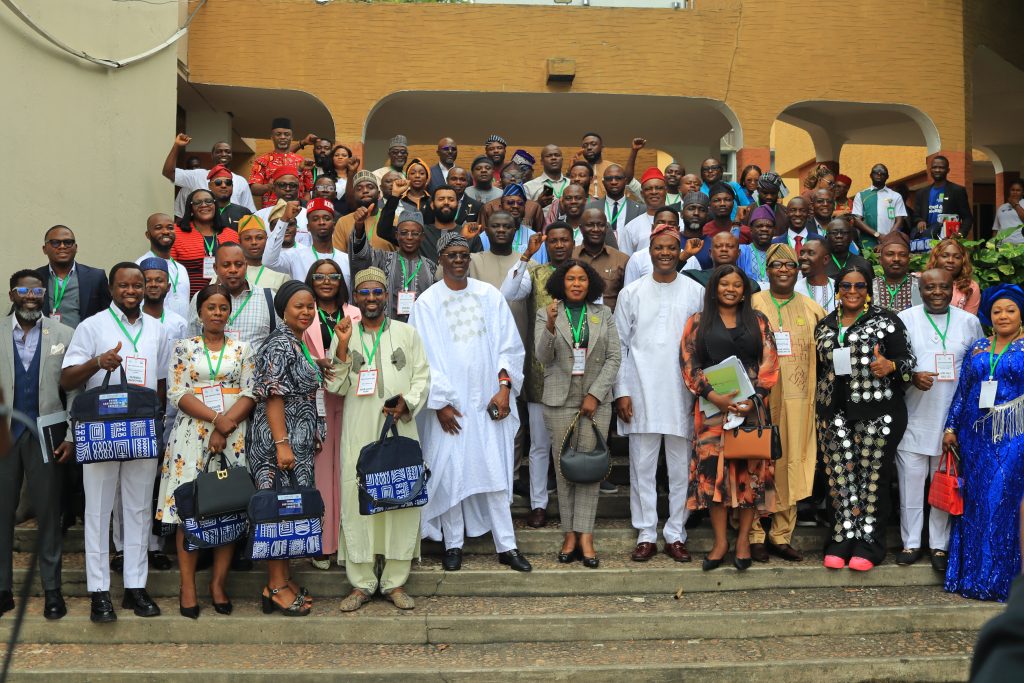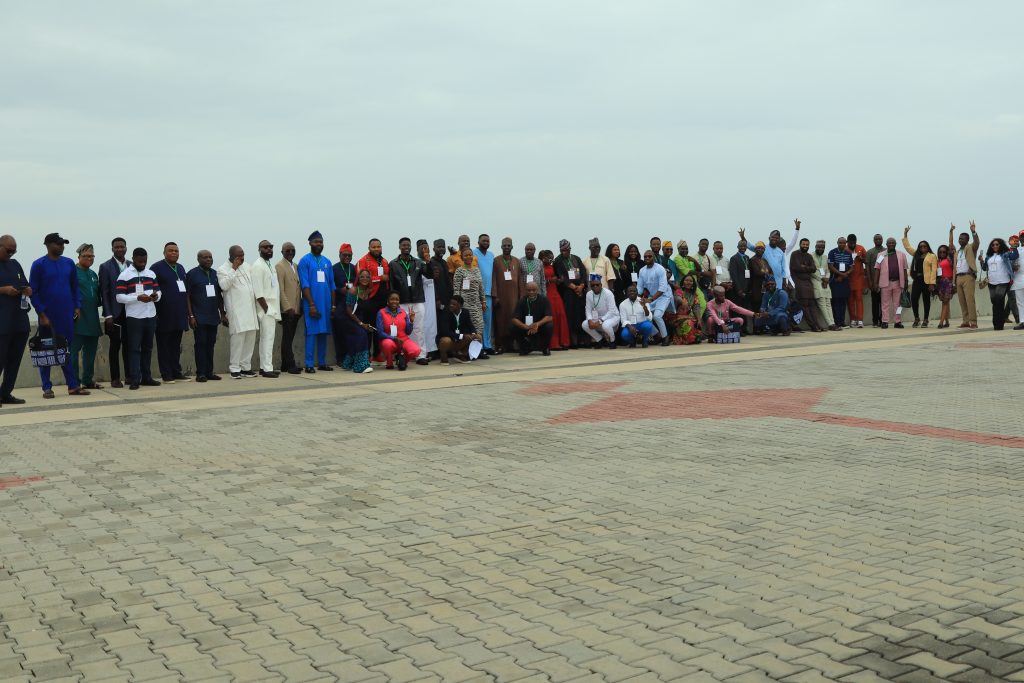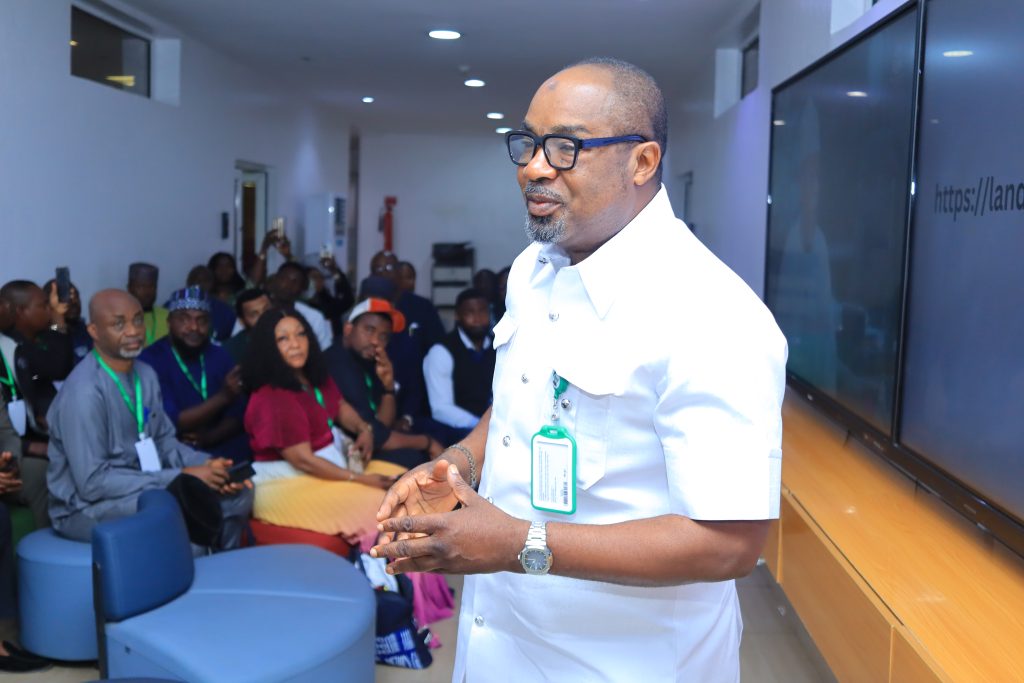Unilag CHSD and REDAN Partner to Strengthen Capacity of Nigerian Property Developers
A Strategic Alliance for Real Estate Growth
The Nigerian real estate sector is one of the largest contributors to the nation’s economy, yet it faces persistent challenges ranging from regulatory non-compliance and building collapses to public mistrust and a massive housing deficit of over 20 million units.
To address these issues head-on, the University of Lagos Centre for Housing and Sustainable Development (CHSD) has partnered with the Real Estate Developers’ Association of Nigeria (REDAN) to design a structured capacity-building programme aimed at transforming developers into knowledgeable, compliant, and ethical professionals.
The inaugural five-week training recently concluded in Lagos, graduating the first batch of REDAN trainees a diverse group of participants ranging from seasoned professionals to newcomers in real estate.
Why the Training Programme Is a Game-Changer
Bridging the Knowledge Gap
Many individuals enter real estate development with passion but without formal training. REDAN President Prince Akintoye Adeoye highlighted this gap:
“We have members from all walks of life — lawyers, doctors, secondary school graduates — but interest alone does not guarantee competence. Ignorance is costly, and the industry demands continuous learning.”
Boosting Professional Standards
The programme is not just about theory; it is an industry-aligned curriculum that meets both market needs and regulatory expectations, setting a benchmark for professionalism.
Curriculum Designed for Real-World Impact
Developed under an MoU between REDAN and Unilag CHSD, the curriculum combines academic depth with practical, hands-on insights from industry veterans.
Key topics include:
- Introduction to REDAN’s Mission and Structure
- Economic Outlook and Real Estate Market Trends
- Urban Planning and Development Regulations
- Anti-Money Laundering (AML) and Compliance Frameworks
- Capital Market Opportunities for Developers
- Building Safety and Structural Integrity Measures
- Best Practices for Sustainable Housing Development
Guest lecturers included Dr. Salako (former Lagos State Commissioner for Physical Planning and Urban Development), a Director from the Securities and Exchange Commission (SEC), and a senior official from the Economic and Financial Crimes Commission (EFCC).
From Classroom to Construction Site: Practical Learning
The programme’s final three days were dedicated to physical, on-site learning. Trainees visited key regulatory agencies in Lagos to understand operational processes and compliance requirements first-hand.
This segment gave participants direct access to regulators, enabling them to:
- Clarify licensing and land acquisition processes
- Understand Lagos State’s landholding families registry
- Discuss bottlenecks in project approvals
- Build lasting relationships with compliance authorities
According to Prof. Timothy Nubi, Director of CHSD:
“Our goal is for every REDAN member to be an informed, ethical, and competent professional. No graduate of this programme should claim ignorance about what’s required to operate legally and ethically in real estate.”
Tackling Nigeria’s Housing Deficit with Skilled Developers
With 75% of Nigerians living as tenants and a staggering housing shortfall exceeding 20 million units, the need for capable and ethical developers has never been greater.
Prince Adeoye stressed that:
“The real estate market in Nigeria is enormous, but without trained developers, we cannot close the housing gap or maintain public trust.”
By making the training mandatory and backed by state governments like Lagos, REDAN aims to:
- Prevent building collapses by ensuring construction best practices
- Increase the supply of safe, affordable housing
- Create thousands of jobs through real estate projects
- Boost investor confidence in the sector
Restoring Trust and Credibility in Real Estate
Public perception of real estate developers in Nigeria has been tainted by fraud cases and substandard developments.
This capacity-building programme directly addresses that by:
- Educating developers on ethical business practices
- Ensuring compliance with national and state laws
- Improving transparency in transactions
- Aligning REDAN members with global industry standards
Prof. Nubi noted:
“There are too many social media complaints about real estate scams. We’re committed to ensuring every REDAN member delivers value, quality, and integrity.”
Looking Ahead: Scaling the Initiative Nationwide
REDAN has over 5,000 members, and the organisation plans to train all of them in batches.
The second batch begins next week, with a long-term goal of making the certification a prerequisite for REDAN membership and a national industry standard.
Conclusion: Building a Stronger Future for Real Estate in Nigeria
The partnership between Unilag CHSD and REDAN is more than a training initiative — it’s a movement to professionalize Nigeria’s real estate sector.
By empowering developers with knowledge, skills, and ethics, this programme lays the foundation for safe housing, industry credibility, and economic growth.
Frequently Asked Questions (FAQs)
1. What is the purpose of the CHSD–REDAN training programme?
It’s designed to equip Nigerian property developers with professional skills, regulatory knowledge, and sustainable building strategies.
2. Who can attend the training?
Any registered REDAN member, regardless of prior real estate experience, can apply.
3. Is the training compulsory?
Yes. Lagos State and other state governments endorse it, and REDAN plans to make it mandatory for all members.
4. What benefits does it offer to participants?
Access to industry experts, networking opportunities, compliance training, and practical exposure to regulatory processes.
5. How does the programme address building safety?
By teaching preventive measures, compliance requirements, and quality control from project initiation to completion.
6. Will this help solve Nigeria’s housing deficit?
Yes — by producing skilled developers capable of delivering safe, affordable housing at scale.

